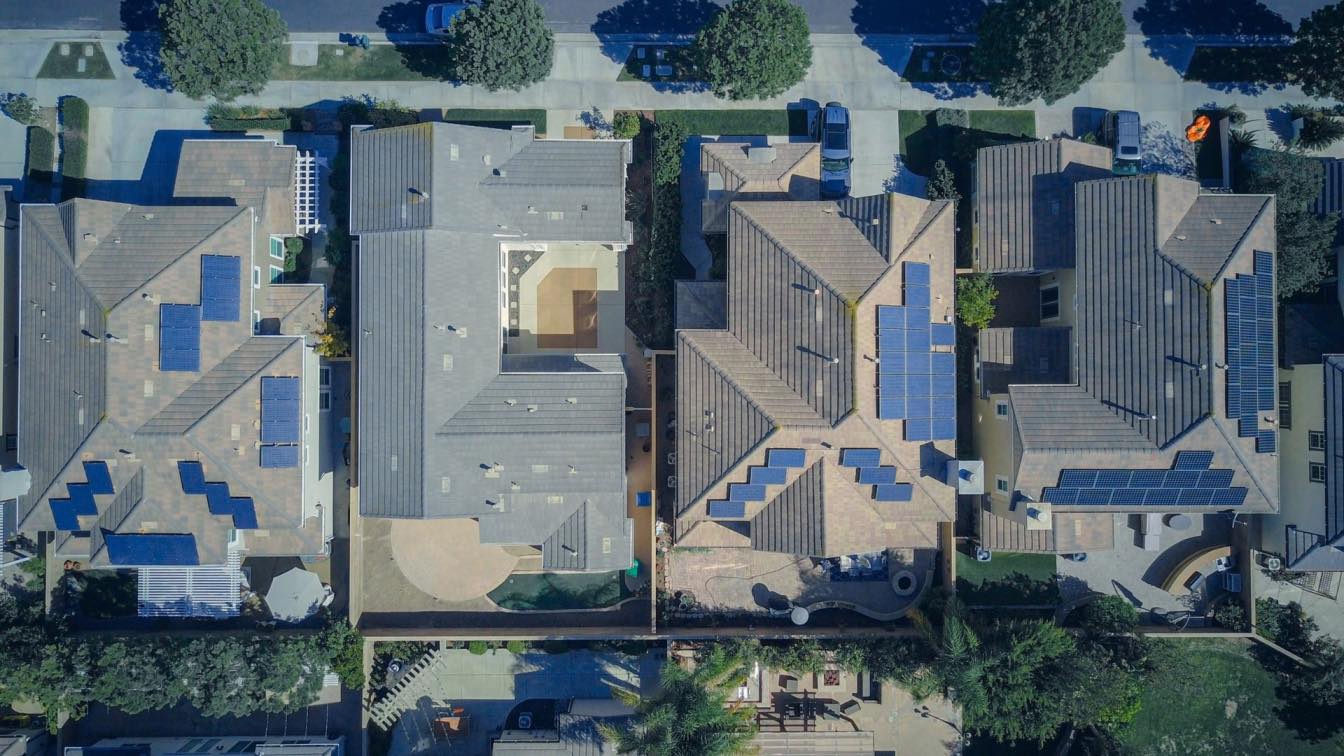Solar energy, the clean, renewable power harnessed from the sun, presents an exciting frontier in the quest for sustainable and environment-friendly energy solutions. Understanding its ins and outs is key to unlocking and optimizing its potential. Solar energy is captured through the use of solar panels, which convert sunlight into electricity. This process, known as photovoltaics, is a remarkably efficient way to produce energy, especially in areas with significant sun exposure. It offers numerous benefits, including reducing energy costs, lowering carbon footprints, and contributing to energy independence. Throughout this document, we will delve into the mechanisms of solar energy, exploring its benefits, examining its drawbacks, and providing a roadmap for those interested in making the most out of this abundant resource.
Understand your energy needs
Analyze your current energy consumption. This will help you determine the size and capacity of the solar system that will meet your energy needs. Consider the appliances and devices that consume the most energy and prioritize them in your calculations. Take note of peak hours of usage, as well as seasonal variations. Moreover, make sure to assess your current and future energy needs. Will you be adding new appliances or expanding your household in the near future? All these factors will affect the size and design of your solar system. Research the benefits of using solar energy before making a decision, as it is important to have a clear understanding of what you are investing in. Most importantly, be realistic about your energy needs and budget, as solar systems can be costly upfront but offer long-term savings.
Evaluate your site
Examine the potential of your location for solar power. Factors like geographic location, weather patterns, and the orientation and inclination of your roof can significantly impact the efficiency of solar panels. Ideally, your roof should face south and have minimal shading to maximize sunlight exposure. You may also consider installing panels on the ground or a solar canopy if your roof is not suitable. Additionally, check for any local regulations or restrictions that may limit the placement of solar panels in your area. In some cases, you may need to obtain permits or approvals before installation. This, along with evaluating your site's solar potential, will help you make an informed decision and ensure the optimal performance of your solar system.
Choose the right solar panels
There are different types of solar panels available in the market. The right one for you depends on your budget, space, and energy needs. Monocrystalline panels are highly efficient and take up less space, but they come at a higher cost. On the other hand, polycrystalline panels are more affordable, but they require more space to generate the same amount of energy. Thin-film solar panels are another option that is lightweight and flexible, making them suitable for certain applications. Furthermore, consider the warranty and durability of the panels, as they are a long-term investment. Research and consult with experts to determine the best solar panel option for your specific needs.
Install efficiently
The efficiency of solar panels is heavily influenced by how they are installed. Ensure that they are placed in a location that gets an optimal amount of sunlight throughout the day. The angle and direction of the panels also play a significant role in maximizing their performance. It is recommended to hire a professional installer with experience in solar energy systems for efficient installation. They can also advise on the best tilt and orientation for your panels, taking into consideration your location and energy needs. In addition, make sure to properly secure the panels and follow all safety guidelines during installation.
Maintain your system
Regularly check and clean your solar panels to ensure they're working at peak efficiency. Consider seeking assistance from professionals for maintenance. Moreover, keep an eye out for any damage or issues that may affect the performance of your system. In case of any malfunctions or damages, contact your installer or manufacturer immediately. It is also crucial to have a backup plan in case of power outages or equipment failure. With proper maintenance and care, your solar system can last up to 25 years, providing you with clean and reliable energy. When it's time to replace your system, make sure to recycle the old panels responsibly.
Monitor and adjust
Use solar monitoring systems to track the performance of your system. This will help you identify any issues and adjust accordingly to maximize your solar gains. Keep track of your energy production and consumption to understand the impact of your solar system on your energy usage and costs. Consider incorporating energy-efficient habits into your daily routine to further reduce energy consumption. Moreover, monitor the weather and adjust your usage accordingly during days with less sun exposure. With monitoring and adjustments, you can optimize the performance of your solar system and maximize its benefits.
In the end, making the most of solar energy requires careful planning, research, and maintenance. It is a long-term investment that can provide numerous benefits for your household and the environment. By understanding your energy needs, evaluating your site, choosing the right panels, installing efficiently, maintaining your system, and monitoring and adjusting as needed, you can harness the power of solar energy to its full potential.





